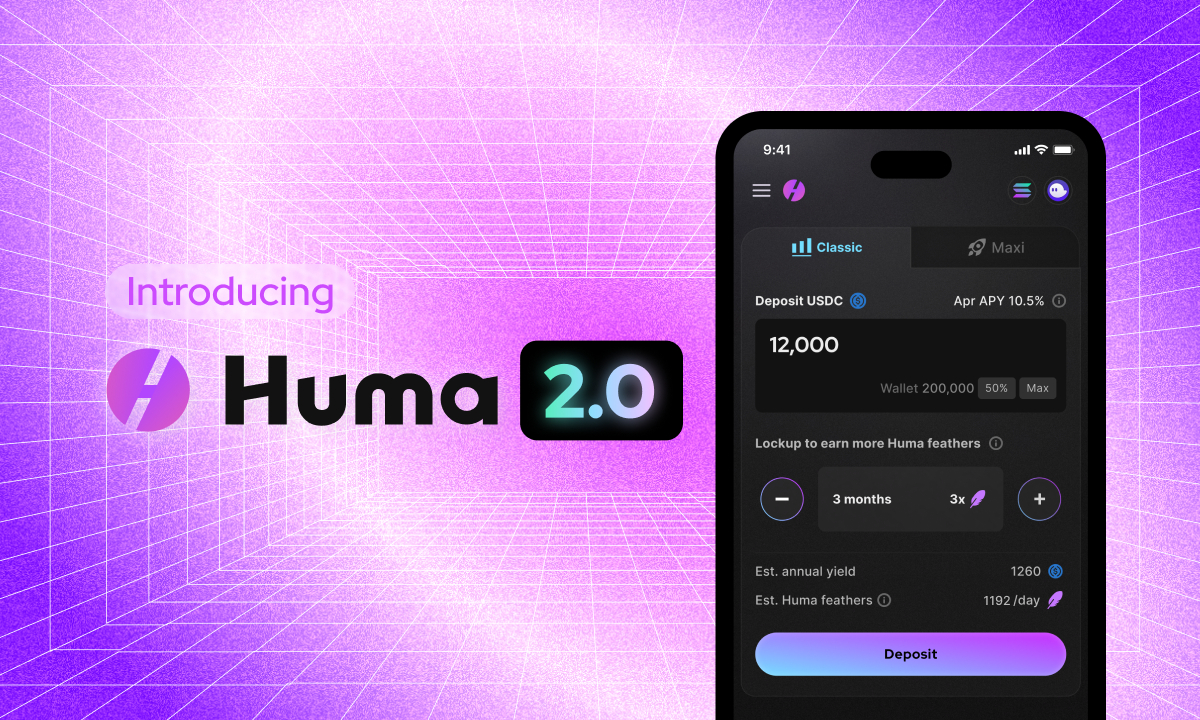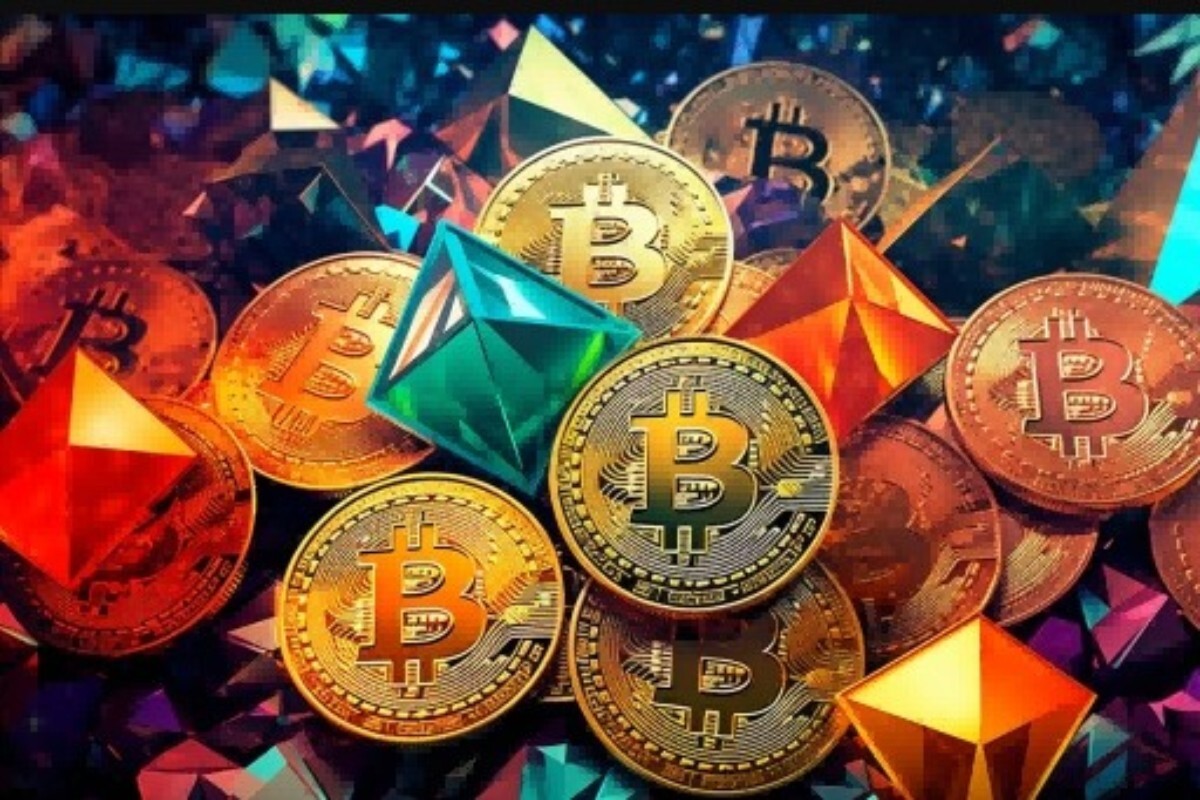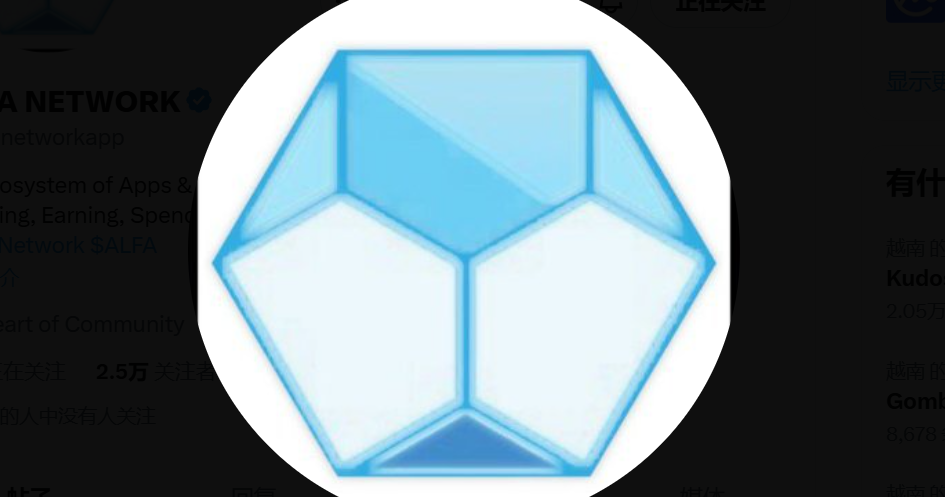Decentralized Finance (DeFi) Flourishes, Reshaping the Global Financial Landscape
With the advancement of technology and the widespread adoption of blockchain, Decentralized Finance (DeFi) has evolved from an emerging concept to a mainstream trend in the financial industry. In 2025, DeFi reached new heights, reshaping the global financial landscape. DeFi not only offers users low-cost, borderless financial services but also promotes global financial inclusivity.
The Rise of DeFi: Advantages of Decentralized Finance

Decentralized Finance (DeFi) refers to a financial ecosystem built through blockchain technology and smart contracts. Unlike traditional financial systems, DeFi eliminates central authority intervention, enabling users to engage in transactions, lending, investment, and other financial activities directly on the blockchain. By 2025, DeFi has become increasingly widespread, with financial services such as lending, asset management, trading, and stablecoins being completed in decentralized ways.
Low-Cost Borrowing and Trading Services
The borrowing and trading services offered by DeFi platforms have significant advantages over traditional financial institutions. Borrowers and lenders no longer need intermediary institutions, making the flow of funds more efficient and reducing costs. Users can engage in borrowing and trading through smart contracts without paying cumbersome fees or high-interest rates. This low-cost advantage has made DeFi an important player in the global financial market.
Financial Inclusion: Equal Access to Global Financial Services
An important feature of DeFi is its inclusiveness. DeFi eliminates barriers related to geography and financial access, allowing users from all over the world to equally access financial services. Regardless of their location, users can easily access DeFi platforms and enjoy services such as lending, trading, and investment. This provides new opportunities for regions and populations underserved by traditional financial systems, contributing to the equalization of global financial services.
DeFi Security and Compliance: Key to Industry Growth

Despite the unprecedented convenience DeFi offers, security and compliance remain key concerns in the industry. Since DeFi relies on smart contracts for automated transactions and management, vulnerabilities in smart contracts and hacker attacks are among the biggest challenges faced by DeFi platforms. In 2025, as technology continues to advance, DeFi platforms have strengthened smart contract audits and security measures to mitigate potential risks.
Smart Contract Audits and Vulnerability Fixes
Smart contracts are at the heart of DeFi platforms, automatically executing various transactions. However, vulnerabilities in smart contracts also make them a primary target for hackers. Therefore, DeFi platforms must regularly audit smart contracts and fix vulnerabilities in a timely manner. By partnering with security auditing firms, DeFi platforms can enhance system security and protect users' funds from hacking.
Solutions to Compliance Issues
As DeFi continues to evolve, compliance issues have gradually come to the forefront. Governments and regulators have started to scrutinize DeFi platforms, requiring them to comply with Anti-Money Laundering (AML) and Know Your Customer (KYC) regulations. By 2025, more DeFi platforms have implemented compliance measures to ensure that they meet regulatory requirements while maintaining the advantages of decentralization.
The Future of DeFi: Sustainable Development and Innovation

Looking ahead, DeFi is expected to make breakthroughs not only in traditional finance but also in sectors such as insurance, asset management, and equity investment. In 2025, DeFi platforms are increasingly collaborating with traditional financial institutions, creating win-win scenarios. As technology continues to mature, DeFi is poised to offer more convenient and efficient financial services while ensuring user privacy and security.
Overall, Decentralized Finance (DeFi) has surpassed initial expectations in 2025, becoming a crucial component of the global financial system. With the resolution of technological and compliance issues, DeFi's sustainable development will further drive the inclusivity and innovation of global finance.
















No comments yet